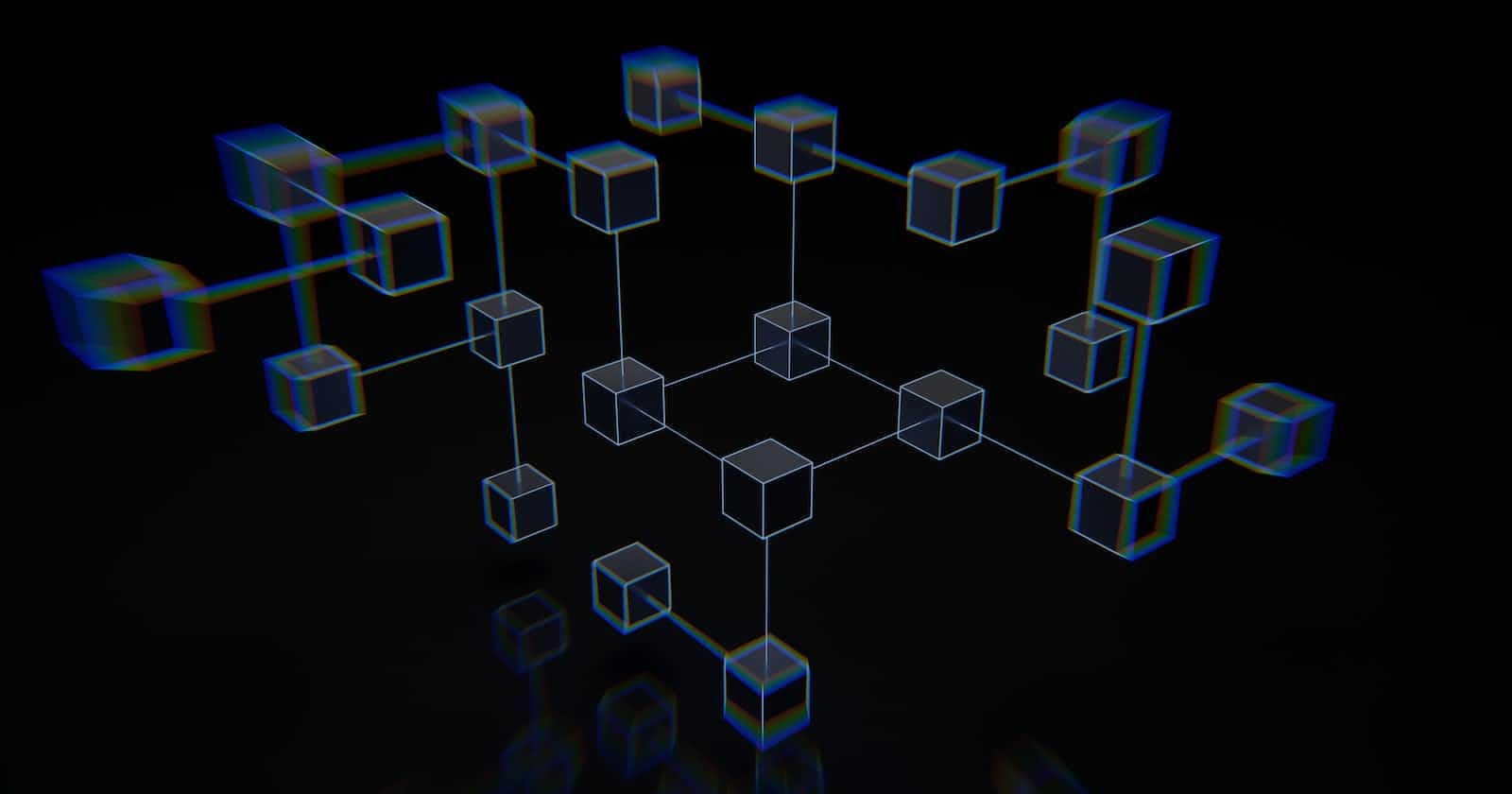Blockchain technology has been synonymous with cryptocurrency since the inception of Bitcoin in 2009. However, its potential reaches far beyond digital currencies. Blockchain is a revolutionary technology that has the power to transform various industries and redefine the way we conduct transactions, secure data, and establish trust in a digital world. In this blog, we will explore the exciting realm of blockchain technology beyond cryptocurrency.
The Fundamentals of Blockchain Technology
Before we delve into its diverse applications, let's briefly understand what blockchain technology is. At its core, a blockchain is a distributed ledger that records transactions across multiple computers in a way that ensures transparency, security, and immutability. Each block in the chain contains a batch of transactions, and once added, it cannot be altered without changing subsequent blocks. This feature makes blockchain tamper-resistant and highly secure.
Blockchain Beyond Cryptocurrency
1. Supply Chain Management
One of the most promising applications of blockchain technology is in supply chain management. By recording every step of a product's journey on the blockchain, from raw material procurement to manufacturing, transportation, and delivery, companies can ensure transparency and traceability. This helps in reducing fraud, ensuring the authenticity of products, and improving overall efficiency.
2. Healthcare
Blockchain can revolutionize healthcare by securely storing and sharing medical records, ensuring data integrity, and streamlining insurance claims. Patients can have full control over their health data, sharing it with healthcare providers as needed, while maintaining privacy and security.
3. Voting Systems
Enhancing the integrity of voting systems is another area where blockchain shines. By creating a transparent and immutable record of votes, election fraud can be significantly reduced. This technology can ensure the accuracy of results while preserving voter anonymity.
4. Intellectual Property and Royalties
Artists, writers, and creators can benefit from blockchain's ability to establish ownership and manage royalties. Smart contracts can automate royalty payments, ensuring that creators receive their fair share instantly when their work is used or sold.
5. Real Estate
Blockchain can simplify property transactions by providing a secure and transparent ledger for real estate records. This reduces the risk of fraud, eliminates the need for intermediaries, and speeds up the buying and selling process.
6. Identity Verification
Digital identities can be managed securely on the blockchain, reducing identity theft and fraud. Users have control over their personal information and can selectively share it with trusted parties, enhancing privacy.
7. Cross-Border Payments
Blockchain can revolutionize international remittances by enabling faster and more cost-effective cross-border transactions. It eliminates the need for intermediaries like banks, reducing fees and transaction times.
Challenges and Future Outlook
While blockchain technology offers immense potential, it is not without challenges. Scalability, energy consumption, and regulatory concerns are some of the issues that need to be addressed as blockchain continues to evolve.
However, the future of blockchain technology is incredibly promising. With ongoing research and development, we can expect more scalable and energy-efficient solutions. As regulations become clearer, blockchain will likely become more integrated into mainstream industries, unlocking even more of its potential.
Conclusion
Blockchain technology is not just about cryptocurrencies; it's a transformative force that can disrupt and improve various sectors. Its ability to establish trust, enhance security, and streamline processes makes it a versatile tool for the digital age. As industries continue to explore and adopt blockchain solutions, we can look forward to a future where transparency, efficiency, and security are paramount, all thanks to the power of blockchain technology.


